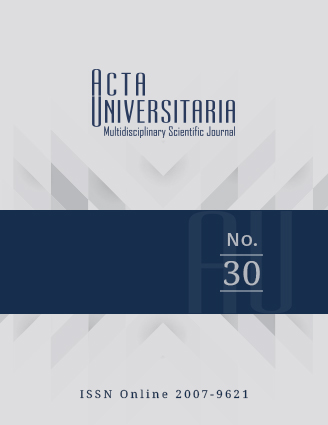Assessment of the sensitivity, associated with sociodemographic and economic factors, of a rural area exposed to the impacts of variability and climate change in Mexico
Published 2020-05-20
How to Cite
Abstract
Climate change is a variation of climate mainly attributed to human activities; this change affects ecosystems, livelihoods, infrastructure, among others. In this way, the objective of the present study was to assess the sensitivity of rural areas exposed to climate variability and climate change using a set of indicators at the área geoestadística básica (AGEB) level. This method was applied as a case study in Guasave, Sinaloa, Mexico. A total of 15 indicators distributed in four groups of variables with equal weight were used. The information needed to quantify the indicators was obtained from the 2010 population and housing census and through the application of household surveys. The results show that 13 AGEB need attention due to their sensitivity level, which is associated with a high dependence on primary activities. Based on these results, actions are proposed to improve the adaptive capacity of the region.


